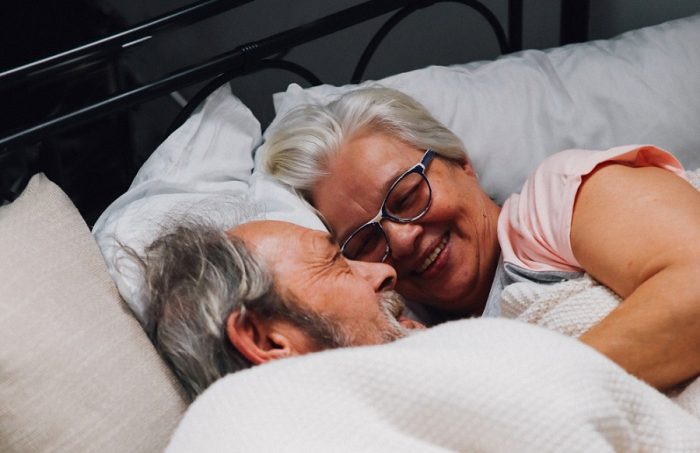I turned 70 this year—a chronologic fact that I still can’t get my head around, even though the rest of my body seems to be quite at home with the idea.
I’m amazed and slightly ashamed to realise that it’s only been in the past couple of years since I got married that I feel I’ve begun to have more of a clue about what is important in life, and about the gentle art of remaining happy—even in the challenging times we’ve been living through.
Most of what we humans think and do is pretty ridiculous, so it’s smart not to take any of us too seriously, including myself (as long as no harm is being done; that’s always serious). The best three rules I know for a “good life” are: do what you love, try to do some good, and be sure to do no harm. Simple as that.
But as a writer, I can’t leave it at that, of course. So I thought I would write down a few other things I think I’ve learned. I ask for your patience and indulgence with this listicle.
Nobody likes a know-it-all of any age, but I’m sharing these in the hope that one or two of the insights (none of which are super original, I know) may have some value for you—even if it’s just nodding with an inner, “Yep, got that one!”
1. I generally have plenty of things to say, but if I want my partner to listen to me, I need to grow a pair—of ears, that is—and show her that I’ve heard what she’s trying to tell me. Not just the words, but the feelings behind them. I’ve finally learned that what matters most in a relationship is sharing and respecting each other, not arguing about “facts;” being kind, rather than being “right;” and showing her that her world is as real to me as my own.
2. I cannot sort out anyone else’s emotional issues, however much I’d like to have that heroic role. I can only support them in doing that for themselves in the way that they choose, not necessarily in the way I think they should. And even if I think I know what’s best for them (yes, this is a confession), it’s best to keep my advice to myself unless it’s asked for.
3. If I need to be loved and accepted by my partner in order to feel good about myself, I’ll always feel insecure and disappointed. Because no one else can love and accept me unconditionally except me—and self-acceptance is the only foundation strong enough on which to build an authentic life, or relationship.
4. Many of my “life problems” are actually just fantasies and fears created by my mind; and my mind can’t solve the problems it has created. It’s best to always keep it real, connecting through love-in-action to myself and to other people. My motto: “less thinking, more living!”
5. Other people are much more interested in themselves than they are in me. And if they give off any other impression, they’re probably trying to manipulate me. What others feel about me is always at least partly a projection of how they feel about themselves, and how I imagine other people see me is always just that—imagined, and not worth worrying about.
6. I may be unique (and so are we all), but I’m not “special.” That is to say I’m not worth any more or less as a human than anyone else. So I might as well live according to my own values and accept the consequences.
7. If I feel bad about something I’ve done, I need to own up to it, make reparations if I can, learn from my mistakes, and promise to do things differently in the future. Feeling guilty without doing anything about it is useless.
8. I cannot change anyone else’s behaviour, but I can choose how I respond to them and model how I’d like them to be with me. If I just “react” to someone and let them upset me, I give away my power and betray the one thing of value I have to offer anyone: my own unique perspective on life.
9. Happiness comes from what I can give others, not from what I try to get from them. And receiving gracefully is the gift of allowing someone else the pleasure of giving to me.
10. My motivations are rooted partly in my confident (loving) self and partly in my fearful (selfish) self. My peace of mind depends on getting the right kind of balance between them—owning up with good humour when my selfish side tries to run the show, to make sure he doesn’t get away with it!
11. Buried pain from past wounds can cause me to act in damaging ways that I won’t understand until I can connect with them and bring them out into the light, where they can heal. Having a caring partner who’s interested enough to listen and support me can help a lot with this.
12. Everyone is doing their best; and we all have reasons for what we do, or don’t do, that others may not understand. There’s no point getting angry about it, even when people seem selfish and indifferent. The best response is compassion, combined with whatever boundaries that keep me from being harmed.
~







Read 3 comments and reply